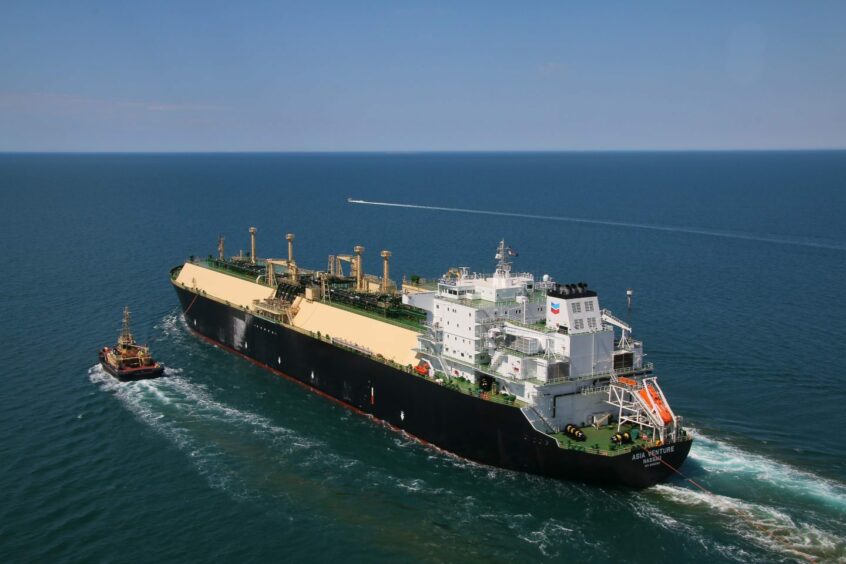
Europe needs more liquefied natural gas to provide relief to its market as the region recovers from last year’s energy crisis, according to Uniper SE Chief Executive Officer Michael Lewis.
“Until significantly more LNG volumes come onto the market, there is going to be a tight situation,” Lewis said in an interview with Bloomberg Television in Berlin.
The German utility was bailed out by the government at the height of last year’s energy crisis, after Russia stopped supplying gas through the Nord Stream pipeline and prices soared. The rescue package was one of the largest in German corporate history.
Now Uniper is faced with recovering from the crisis — and eventually ending its government ownership — while preparing for the shift to a low-carbon economy.
“We are rebuilding a company that faces the energy transition,” Lewis said. “Our job as management is to make sure the company is in a robust financial position. We are in a far better position than a year ago.”
European benchmark gas prices have eased significantly since the height of the crisis last year, but they remain historically elevated. The region moved quickly to import LNG to fill the supply gap and reduce demand amid the crisis, though risks are still prevalent.
Considerable amounts of LNG will remain part of Europe’s energy mix until 2050, a top European Commission official said Thursday. More US supply is also expected to come online in 2026.
“The ultimate goal is to get off gas and move to hydrogen,” Lewis said. He noted that Europe’s gas demand remains uncertain in the short term.
“We have to make judgments on what the right contracts should be, but we are constantly assessing supply and demand balance,” Lewis said, when asked whether the company would sign long-term LNG supply contracts with Qatar, as others have done recently.
Separately, Lewis said a German court’s ruling this month — striking down €60 billion ($65 billion) in off-budget funding for climate action — represents a “short-term challenge” for the energy transition. Over the long term, “we know we need to get off fossil fuels, reduce CO2 emissions, and that means a number of policies need to be implemented to support that,” he said.
Recommended for you
